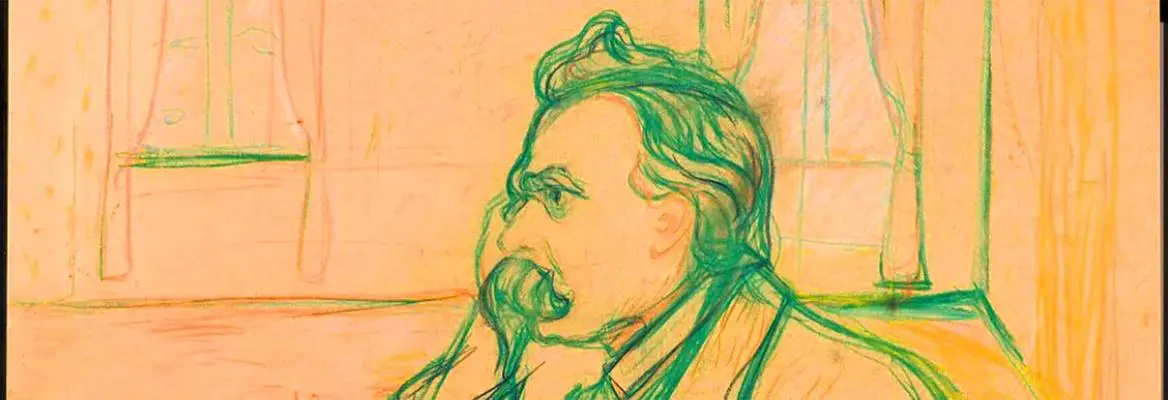Dealing with uncertainty is a part of human life. Since human cognitive abilities are not up to the task of elucidating reality, we might think that we are forever doomed to an epistemic prison. Clinging to the illusion of certainty in the form of a “faith” or a “conviction” is no real antidote either. But according to Bernard Reginster, Nietzsche thinks that uncertainty should be a cause for gratitude rather than nihilistic despair. Once we see curiosity as a desire for inquiry rather than certainty, then we can begin to see how uncertainty evokes attraction rather than aversion. The joy we experience when raising endless new questions is thus a reason to feel grateful, not distressed. Nietzsche once observes that “there may actually be puritanical fanatics of conscience who prefer even a certain nothing to an uncertain something to lie down on—and die. But this is nihilism and the sign of a mortally weary soul” (Beyond Good and Evil, §10). It is eas…
Read the full article which is published on IAI TV (external link)







